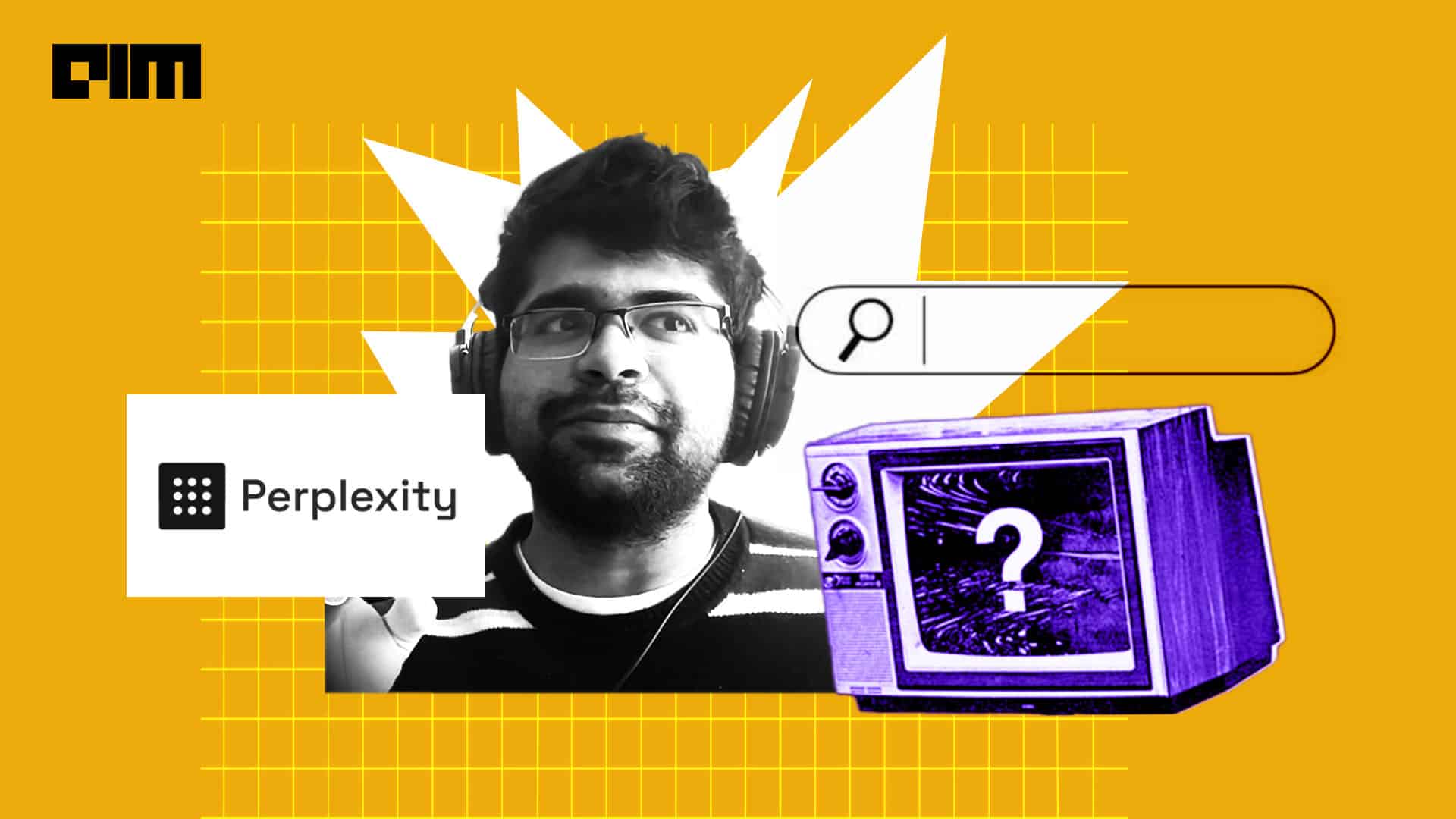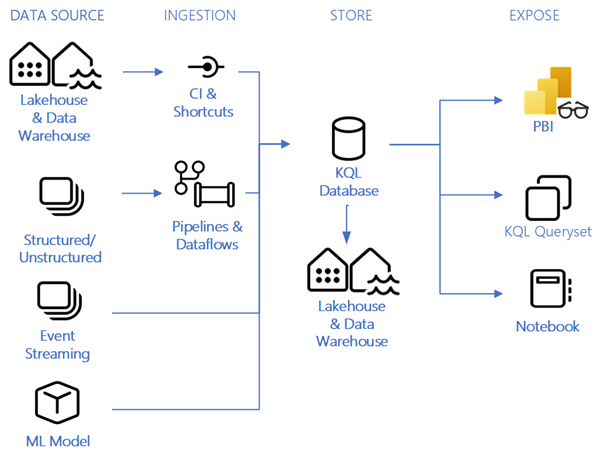ChatGPT Search tipped to launch next week — here's why Google should be concerned
Would you consider switching from Google search? OpenAI might soon challenge Google with its new search engine based on ChatGPT technology. Having dominated the search market for over two decades, Google might face competition due to its cautious approach towards generative AI. This caution could pave the way for a new player who combines AI understanding with the vast data available online.
While details about the rumored search engine are scarce, it is said to revolve around asking questions and interacting with an AI model through natural language. This approach is reminiscent of how Perplexity and Google Gemini function, providing real-time data to AI.

Speculations arise from the registration of search.chatgpt.com. Reports suggest that OpenAI is gearing up for a major announcement on May 9, possibly unveiling the new search engine. The tech giant is notoriously secretive about its projects, akin to Apple's product launches.
During an interview with Lex Fridman, OpenAI CEO Sam Altman hinted at ChatGPT being the future of search, emphasizing a deep integration between Large Language Models (LLMs) and search engines. Altman expressed the need for a more advanced search engine that goes beyond Google's conventional approach of displaying ads and blue links.
The Impact of ChatGPT Search
The upcoming ChatGPT search engine promises a more action-oriented approach compared to traditional search methods. For instance, searching for specific information yields more direct and actionable results when compared to Google's search outcomes.
OpenAI could explore various avenues with its search engine. Perplexity adopts a chatbot strategy, combining user queries with AI-generated search results. On the other hand, Google Gemini focuses on presenting AI analysis with source links and search suggestions.
Rumors point towards OpenAI's search engine aligning closely with Google Gemini, but with a stronger emphasis on live data integration, offering instant, real-time answers to user inquiries.
One challenge faced by large language models is the timeliness of information, dictated by the model's training cut-off date. To overcome this limitation, methods like fine-tuning, expanding context windows, and incorporating live web access have been considered.

Platforms like Google, Bing, and Perplexity use web crawlers to constantly update their databases with the latest information. This real-time data integration enhances AI performance by enabling chatbots to retrieve up-to-date information and generate analyses based on the amalgamation of training data and search results.
Deep integration between search capabilities and AI models is essential for this process to function efficiently.
As OpenAI prepares to introduce ChatGPT Search, the tech industry anticipates a potential shift in search engine dynamics. With a focus on real-time data integration and user-focused results, this new offering could challenge the status quo set by Google's dominance.
This article was originally posted on Tom's Guide.




















